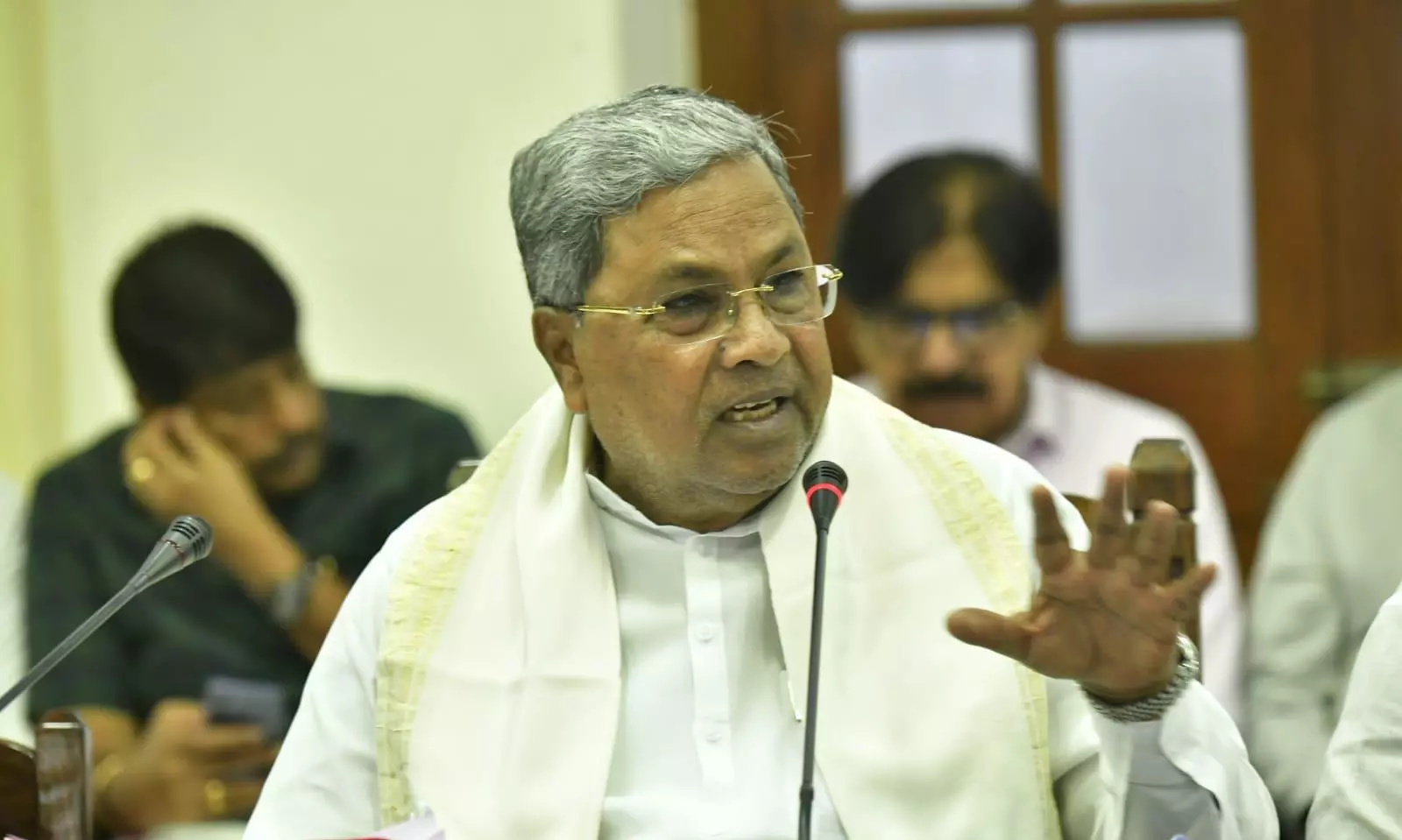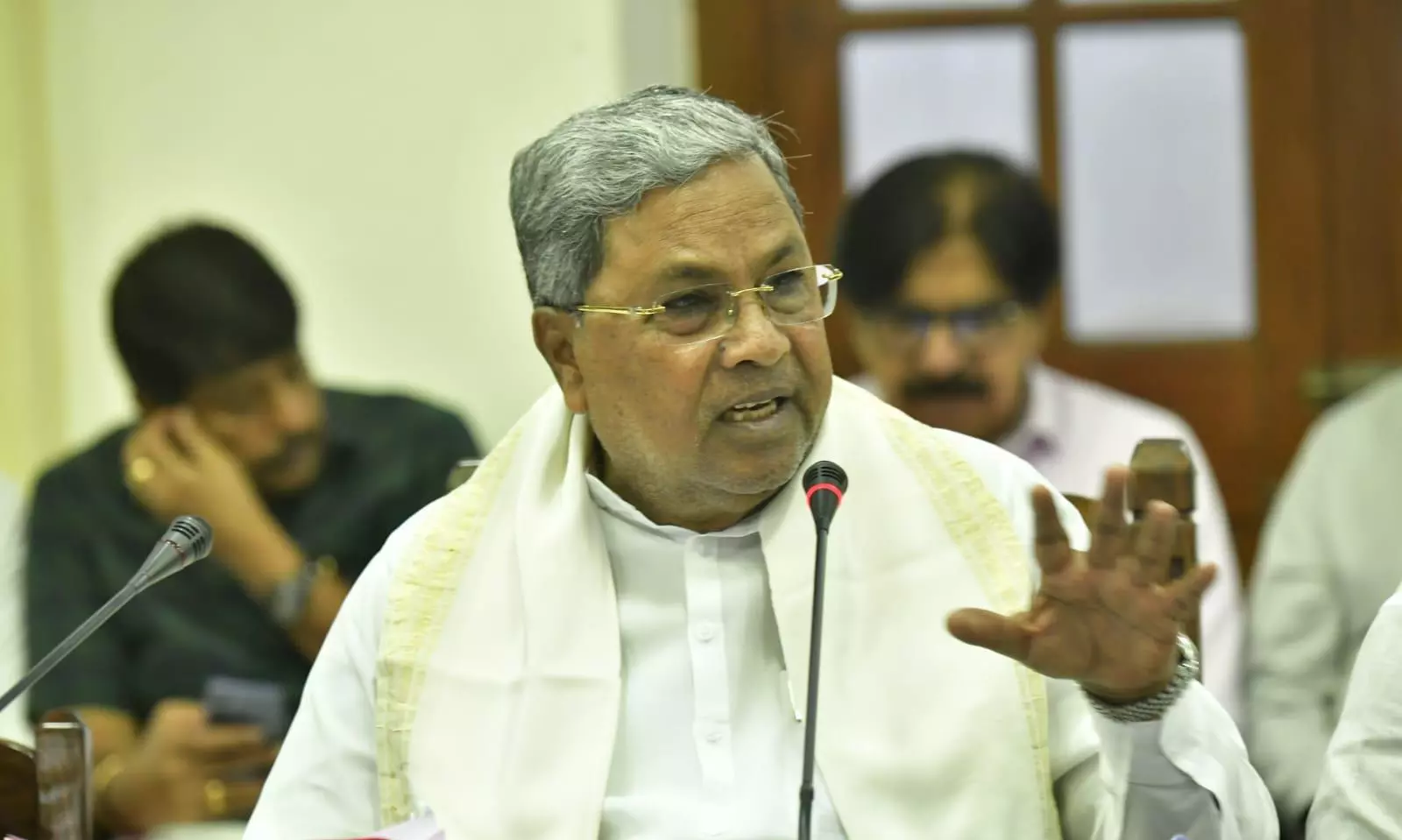
Mangaluru: The recent corruption allegations surrounding the MUDA and Valmiki Development Corporation have sparked speculation about the potential weakening of Karnataka Chief Minister Siddaramaiah’s position. However, contrary to initial assumptions that these charges might have shaken his standing, the situation appears to have had the opposite effect, solidifying his position within the Congress party.
Political Context and the Parallel to Yediyurappa
The allegations against Siddaramaiah drew parallels with former Chief Minister B.S. Yediyurappa, who faced similar accusations of corruption. Yediyurappa was forced to resign in 2011, making way for successors like DV Sadananda Gowda and later Jagadish Shettar. However, the fallout from the corruption charges against Siddaramaiah has not followed the same trajectory. Instead of fracturing the party or leading to a leadership change, it appears to have had the opposite effect.
One reason for this difference lies in the internal dynamics of the Congress. Unlike the BJP during Yediyurappa’s tenure, the Congress seems determined to avoid a hasty leadership change. Party insiders have noted that any move to replace Siddaramaiah could risk internal dissent and embolden the BJP at a crucial time, especially with local authority elections on the horizon. This strategic consideration has led to a consolidation of support around Siddaramaiah, with even his intra-party critics falling in line.
In Siddaramaiah’s case, however, the outcome has been markedly different. Despite the gravity of the allegations, the Congress party has rallied around him, avoiding the leadership crisis that plagued the BJP under similar circumstances. This contrast illustrates the strategic differences in how both parties manage internal dissent and external pressures.
Strengthening of Siddaramaiah’s Position
Far from destabilizing Siddaramaiah’s leadership, the corruption allegations seem to have silenced internal dissent within the Congress. The voices advocating for a change in leadership, particularly from factions supporting DK Shivakumar, have been notably muted. This unity within the Congress can be attributed to a combination of strategic political calculations and the recognition of the potential consequences of destabilizing the government.
The fear of handing a victory to the BJP has led to a rare moment of solidarity within the Congress. Party insiders acknowledge that any attempt to replace Siddaramaiah now would likely embolden the BJP to pursue similar charges against other prominent Congress leaders, potentially leading to further destabilization.
The Role of AHINDA and Political Calculations
Siddaramaiah’s support base, particularly among the AHINDA (an acronym for minorities, backward classes, and Dalits) communities, plays a crucial role in his sustained leadership. Any move to unseat him would risk alienating these key voter groups, a risk the Congress is unwilling to take, especially with by-elections and local authorities elections on the horizon.
Furthermore, potential successors are wary of the challenges they would face if they were to take over now. The new leader would be under intense scrutiny and would inherit a party under siege, making it an unattractive proposition for many ambitious leaders.
Congress Party’s Long-Term Strategy
The Congress’s decision to stand firmly behind Siddaramaiah reflects a broader strategy to maintain stability and focus on the 2027 general elections. The party is keenly aware that internal discord could jeopardize its chances, both in Karnataka and nationally, at a time when the BJP is looking for any opportunity to capitalize on Congress’s weaknesses.
The party’s resolve is also influenced by recent examples from other states, such as Delhi, where leaders like Arvind Kejriwal have managed to retain their positions despite legal challenges. This precedent suggests that Congress believes Siddaramaiah can survive the current storm, maintaining his leadership until it becomes politically expedient to consider a transition.
AICC Secretary PV Mohan emphasized that the Congress party firmly supports Siddaramaiah, recognizing his honesty, clean image, integrity and unwavering dedication to the poor and downtrodden.
“Siddaramaiah has maintained a spotless reputation throughout his political career, and in this situation, he is not at fault. His work has always been focused on uplifting the underprivileged. Regardless of the outcome in this case, the Congress party stands by him,” Mohan stated.
He further accused the BJP of orchestrating a new plan to tarnish both Siddaramaiah’s and the Congress party’s image, after failing to use central agencies. However, Mohan asserted that this effort would ultimately fail.
BJP’s Calculations and Congress’s Caution
The BJP has not remained silent, using the corruption allegations as a political weapon to attack the Congress government. However, even within the BJP, there is recognition that the situation may not play out as expected. While the charges may tarnish Siddaramaiah’s image to some extent, the party acknowledges that any forced resignation could lead to further complications. The Congress could turn to figures like Mallikarjun Kharge, whose elevation would present a new challenge for the BJP, especially given Kharge’s stature as a national leader and Congress President.
A Resilient Leadership
The corruption charges against Siddaramaiah, which many thought would mark the end of his tenure, have instead become a rallying point for the Congress. The party’s unity in the face of these challenges reflects both a pragmatic understanding of the current political landscape and a strategic decision to avoid internal turmoil.
While the BJP and JD(S) have attempted to use these allegations as a political weapon, their impact has been mitigated by the Congress’s cohesive response. Siddaramaiah’s position remains strong, bolstered by both his party’s support and the strategic considerations that make his continued leadership the best option for the Congress at this juncture.
